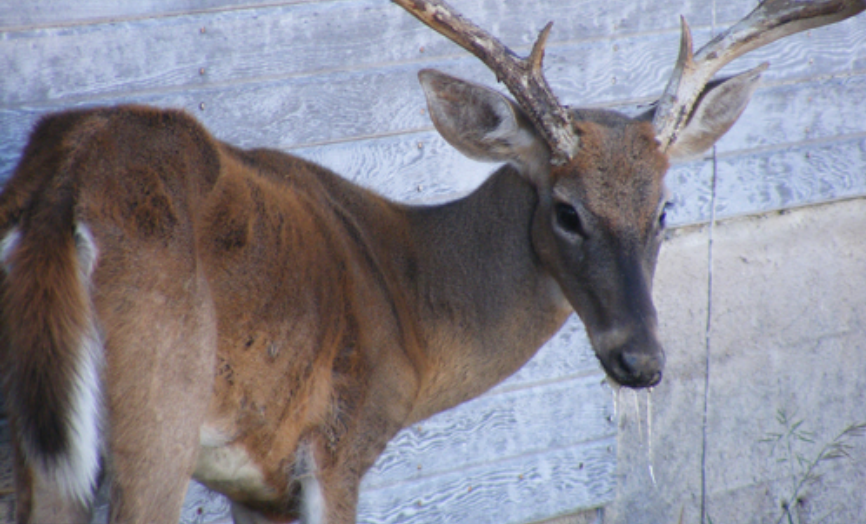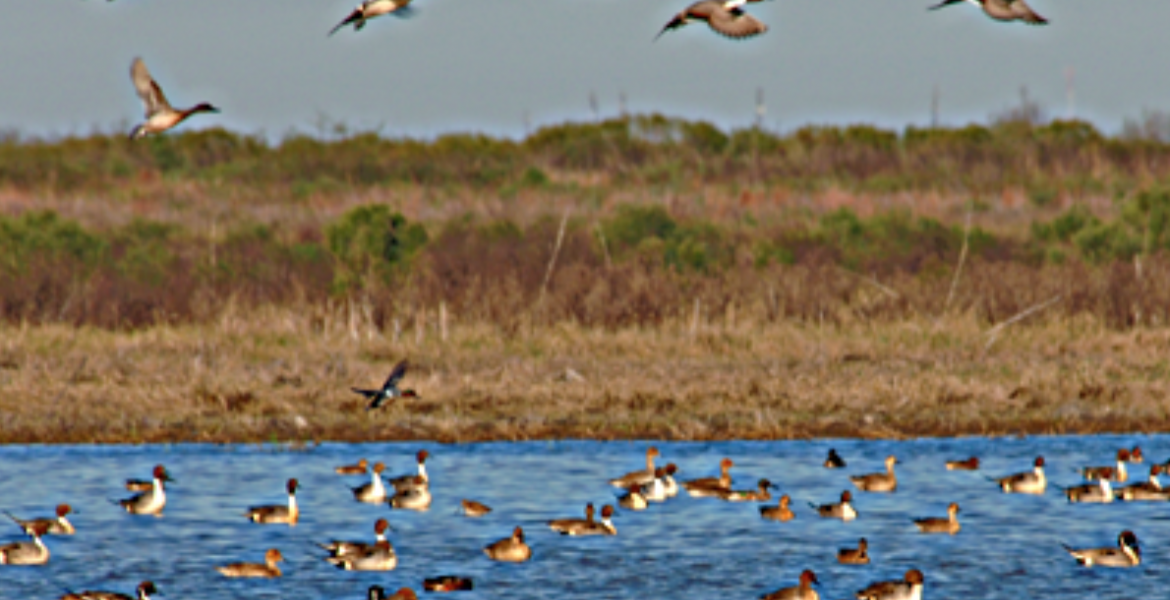AUSTIN – With the opening of deer season on the horizon, Texas Parks and Wildlife Department (TPWD) biologists are asking that hunters and landowners throughout the state be mindful of Chronic Wasting Disease (CWD) as new cases of the disease have been discovered in individual locations within multiple counties throughout Texas.
The new positive cases were found in a free-ranging mule deer in Lubbock County, as well as within seven captive deer breeding facilities in Hunt, Uvalde, Matagorda, Mason, and Duval counties. TPWD is concerned that CWD could have been introduced into free-ranging deer herds on properties that received deer from these deer breeding facilities where CWD positive animals were discovered. More than 1,700 deer were released to high fence pastures in 119 properties scattered across the state. These maps depict counties that contain properties where those deer were released and the number of potentially CWD exposed deer that were released by county.

CWD Deer (Contributed/TPWD)
The level of suspected risk for these properties that received released deer exposed to CWD is of significant concern to TPWD. The movement of live deer is readily accepted as the greatest risk of spreading CWD across the state. Eradication of CWD is very difficult if not impossible when established in free-ranging deer populations and in the environment. TPWD and the Texas Animal Health Commission (TAHC) have been working diligently to conduct epidemiological investigations and establish testing plans for those release sites in hopes of preventing CWD from becoming established in the free-ranging deer populations.
These recent discoveries of new cases bring the total number of CWD positive deer to 261 in 14 counties. To date, 168 of those positives are associated with captive breeding facilities, 25 from release sites associated with those positive captive breeding facilities, and 68 in free-ranging deer populations. Fifty-seven of the free-range positives are in the Trans Pecos and Texas panhandle, with the remaining 11 in Medina and Val Verde counties.
CWD surveillance of hunter-harvested deer, road-kills, and sick deer is critical for early detection and containment of the disease. Landowners and hunters play a critical role in managing CWD and are encouraged to report any tagged deer, or deer that appear to be sick or behaving strangely, to a TPWD biologist. Anyone hunting deer this season is encouraged to voluntarily provide samples for testing by taking deer to the nearest check station or by contacting a biologist in their area.
Learn more about CWD on the TPWD web site or the TAHC web site.
Subscribe to the LIVE! Daily
Required






Post a comment to this article here: